In the bustling households of the 1970s, moms juggled a mix of tradition and innovation. Certain items were like lifelines, blending old-school know-how with the latest tech. Today, these relics evoke nostalgia, reminders of a time before modern conveniences changed everything in today’s homes.
Milkman Deliveries

In the 1970s, households often relied on the convenient service of milk deliveries. This tradition has faded. The milkman’s early morning deliveries of fresh dairy in glass bottles added a nostalgic touch to family routines. Though modern delivery services offer more options, the personal touch of the milkman remains a cherished memory for many.
Pressure Cooker
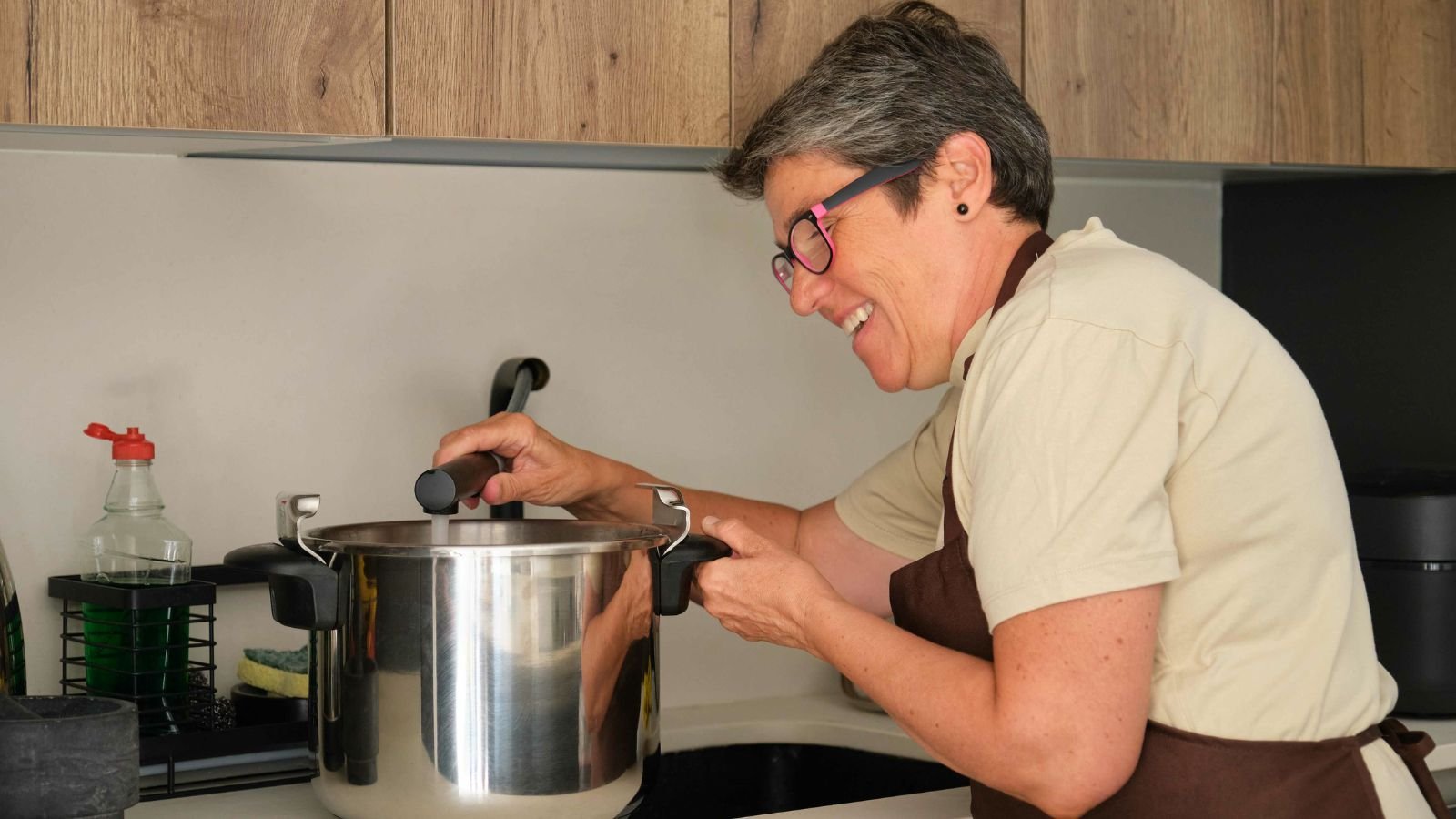
Back in the ‘70s, the stovetop pressure cooker was a game-changer in kitchens. It revolutionized meal prep with its efficiency. Despite needing cautious handling due to its high pressure, moms valued its ability to cook meals in a fraction of the time. It symbolized a blend of traditional cooking methods and innovative technology.
Crock Pot

When introduced in the 1970s, the crock pot quickly became a kitchen essential. Its slow cooking feature allowed hearty meals to simmer throughout the day, saving time and effort. While modern appliances offer more functionalities, the crock pot’s straightforward effectiveness has ensured its enduring popularity. Its ability to enhance flavors and tenderize meats made it a beloved staple in many households.
Washboard

Before electric washing machines, mothers relied on washboards to tackle laundry stains. The rhythmic scrubbing against the ridged surface was a testament to their dedication to banishing dirt from fabrics. Now, electric machines have replaced washboards for efficiency. However, the experience of hand-washing laundry served as a reminder of the hard work and attention to detail required in household chores.
Sewing Machine
The sewing machine was a staple in the ‘70s households. It served as a tool for making and repairing clothing and home items. Moms passed down sewing skills, emphasizing the value of craftsmanship and self-sufficiency. Creating custom garments or mending worn items was not just a practical skill but also a form of artistic expression. Although sewing has become less common with ready-to-wear fashion, the resurgence of DIY culture has reignited interest in this versatile tool.
Rotary Phones

Before smartphones, rotary dial phones were the lifeline of communication. Mothers relied on them to keep in touch with loved ones and manage daily tasks. The mechanical sound of numbers rolling back evokes nostalgic memories of simpler times and the importance of interpersonal connections in family life.
Cloth Diapers and Safety Pins
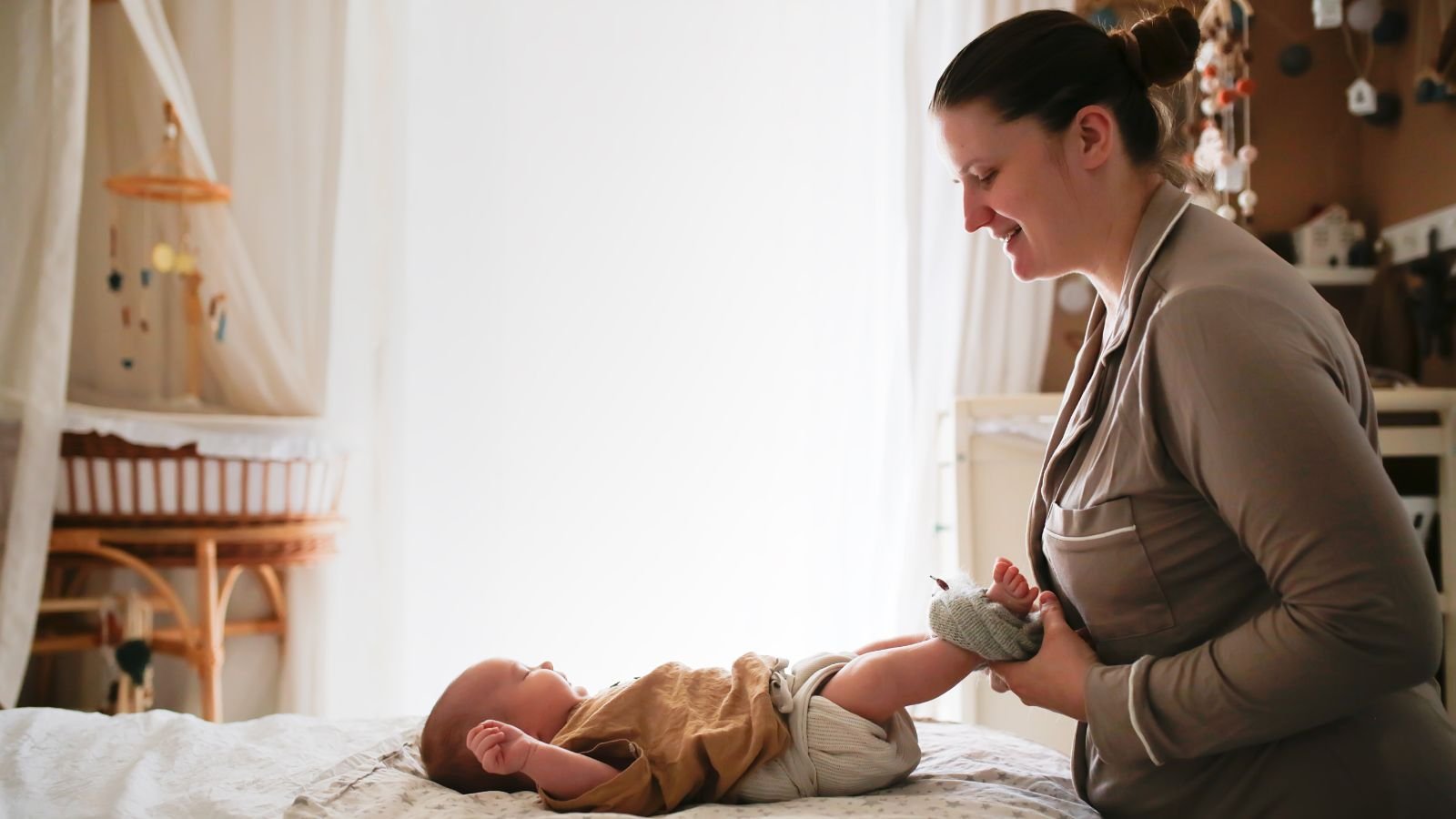
Before disposable diapers, moms used cloth diapers secured with safety pins. Washing and reusing cloth diapers were economical as well as environmentally friendly. Modern conveniences have replaced cloth diapers. However, the memory of carefully pinning them for a snug fit remains a reminder of simpler times and resourcefulness in parenting.
Fondue Set

The fondue set in the ‘70s was a great addition to gatherings or family meals. Whether dipping into cheese, chocolate, or meat, the communal act of sharing food from a central pot created engagement and conversation. While fondue parties are less common today, they act as a reminder of interactive dining experiences.
Tupperware Parties
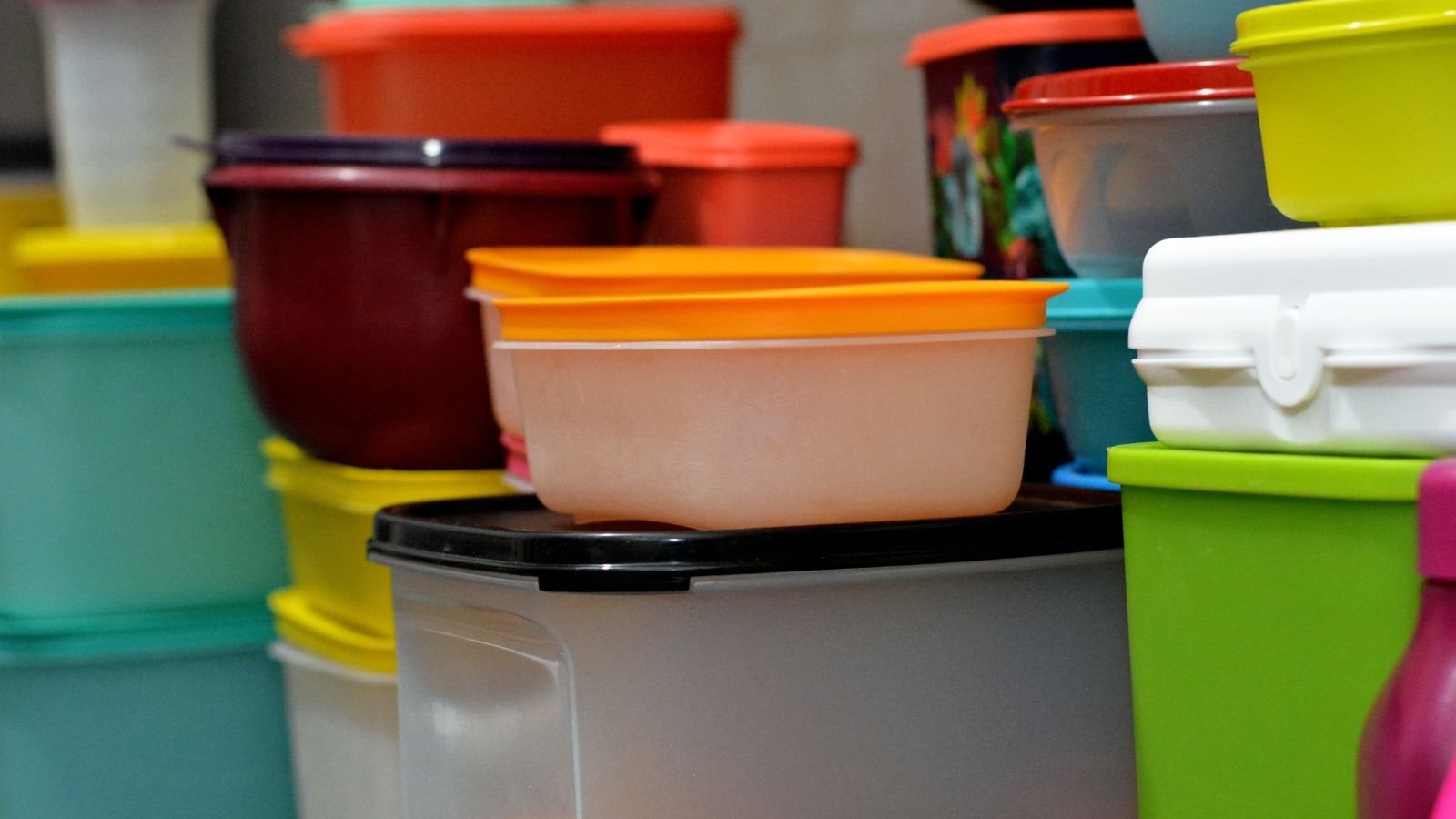
Beyond just selling plastic containers, Tupperware parties were social events that brought mothers together for camaraderie and product demonstrations. These gatherings offered opportunities to exchange recipes and learn about Tupperware products. The concept highlighted the social aspect of shopping before the internet era. It focused on personal interactions and hosting as integral to the shopping experience.
Clothesline
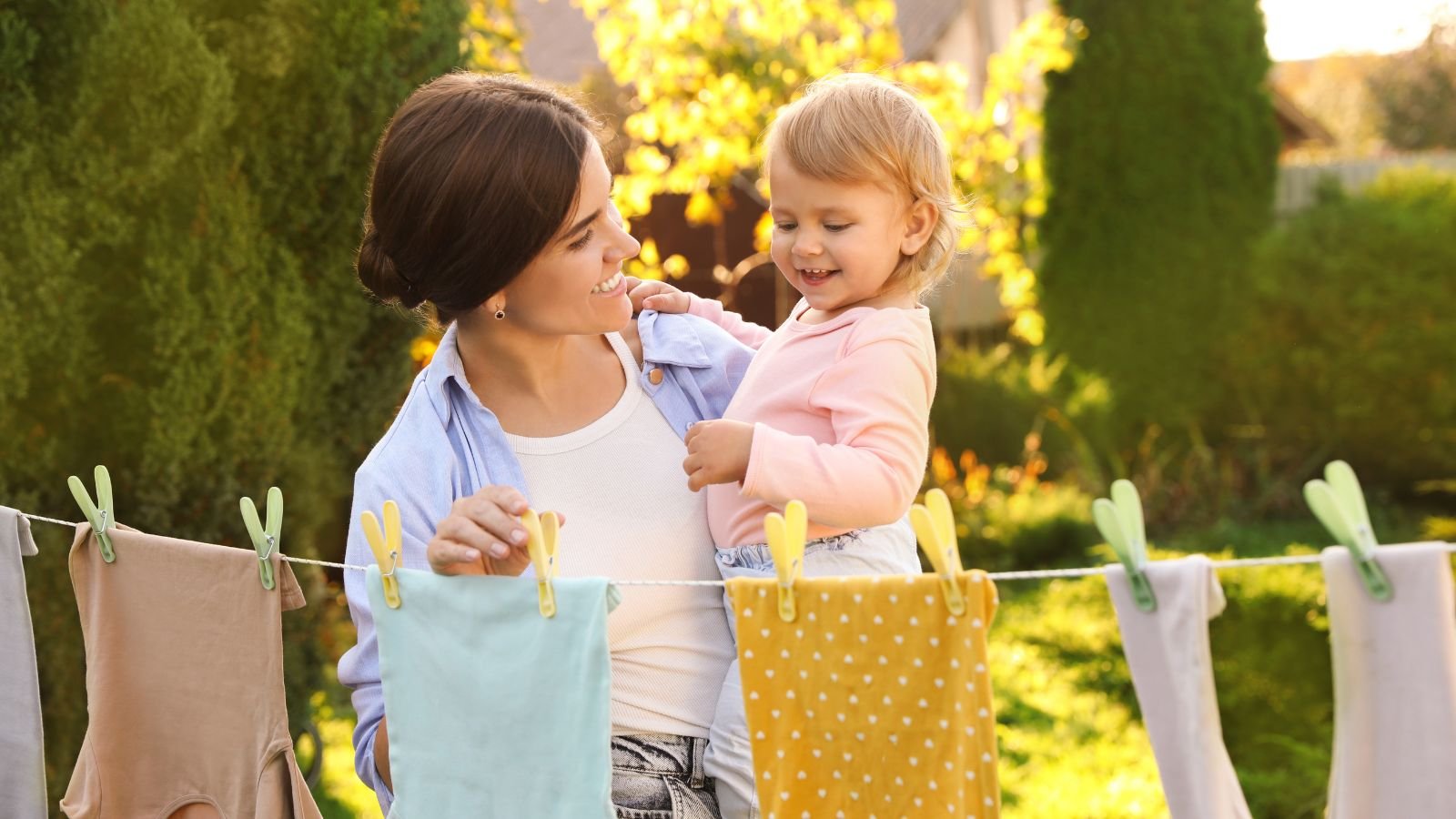
Line-drying clothes in the sun was a common practice in the ‘70s. It is valued for its simplicity and environmental benefits. The sun’s natural bleaching kept whites bright, while the outdoor breeze left laundry smelling fresh. Moms who used clotheslines saved on electricity. Despite the convenience of electric dryers, the sensory and eco-friendly advantages of line drying are remembered.
Manual Can Opener
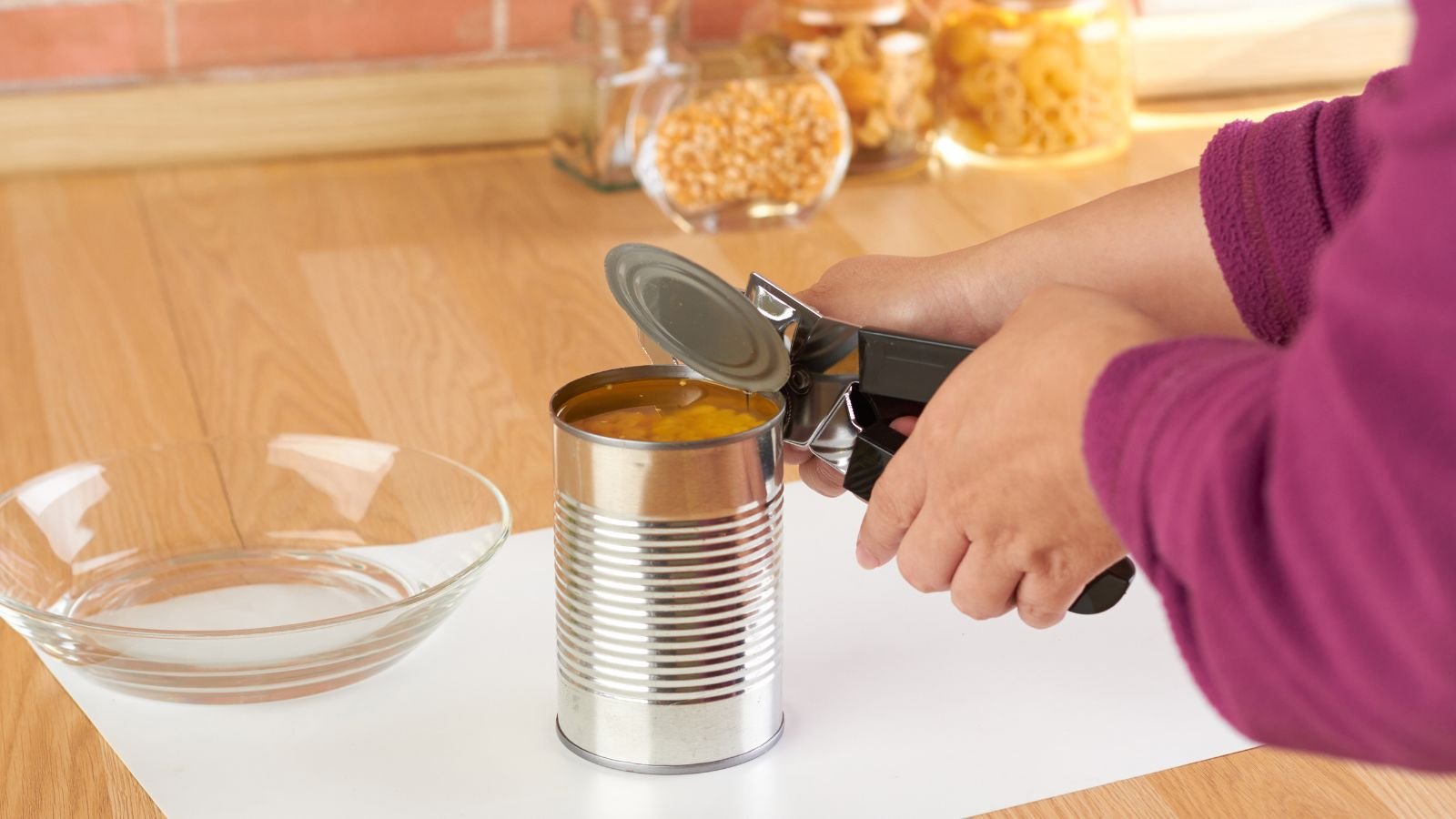
Before electric can openers became common, manual ones were a kitchen staple. Moms would exert physical effort to open canned goods. The manual can opener was more than a tool. It was a symbol of patience and appreciation for the cooking process.
Percolator Coffee Pot

The percolator coffee pot was cherished by mothers for its ability to brew rich, aromatic coffee. Its method involves cycling boiling water through coffee grounds until the desired strength is achieved. Despite the convenience of modern coffee makers, the percolator remains as a reminder of traditional brewing methods and the warmth of family routines.
Carpet Sweeper

Manual carpet sweepers were common before electric vacuums. They were an efficient and quiet way for moms to maintain tidy living spaces. Their simplicity made them ideal for quick clean-ups without the noise or hassle of cords. It made this item an indispensable part of household cleaning routines.
Handwritten Recipe Cards

Handwritten recipe cards were treasured kitchen companions before the internet. They were passed down through generations. Mothers collected these cards, each one a personal connection to family traditions and culinary heritage. Beyond just recipes, they held memories and stories. They embodied the love and care that went into homemade cooking.
Manual Egg Beater
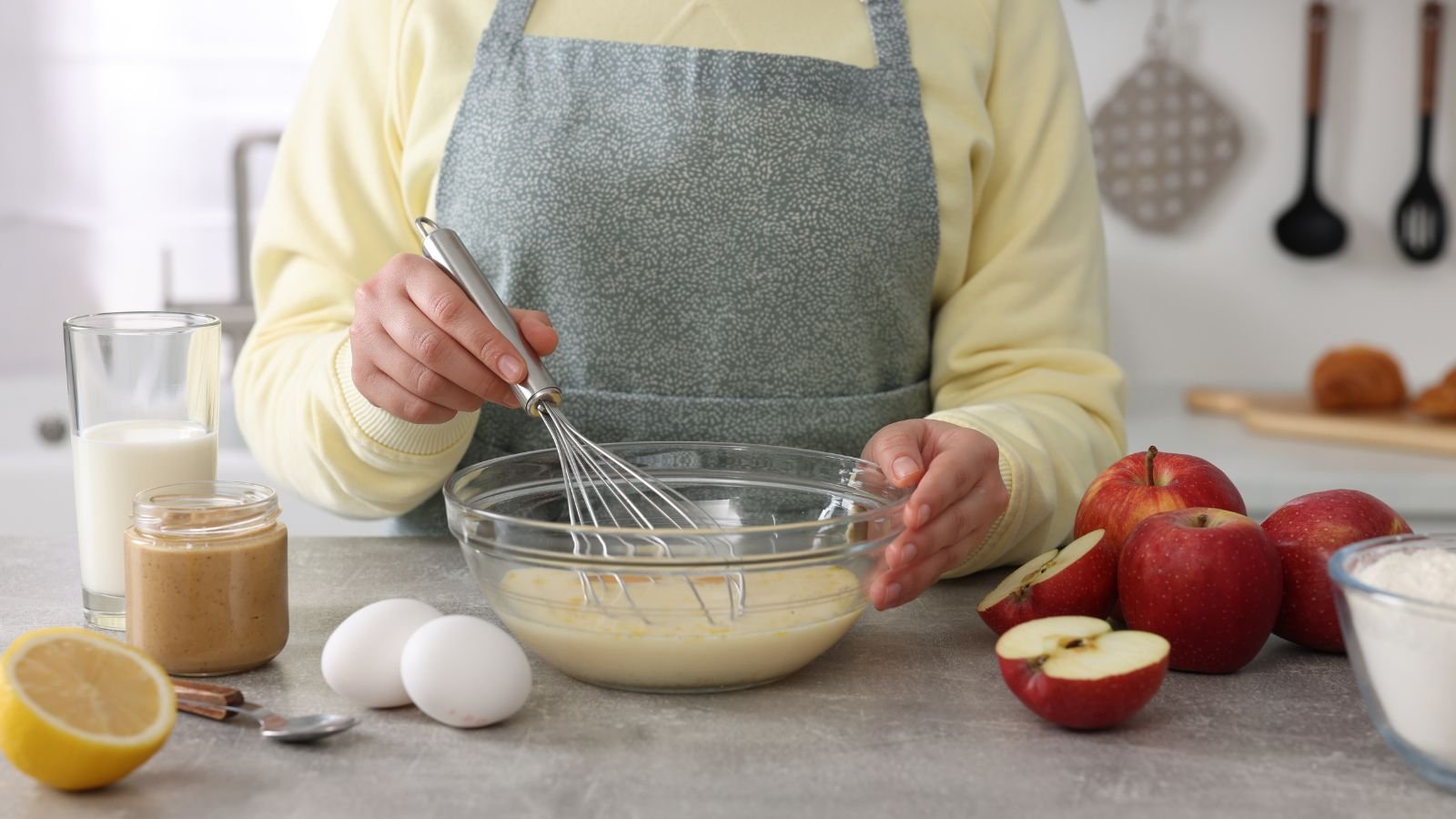
Baking in the ‘70s involved more than following recipes. It was a labor of love that often included manual egg beaters. Moms wielded these tools to create fluffy meringues and decadent batters, infusing each dish and flavor. Serving dishes prepared with the help of manual egg beaters added a personal touch that enriched family meals.
Home Haircut Kits

For families unable to afford salon visits, home haircut kits offered a practical solution. It empowered mothers to maintain their family’s hair at home. These kits became a rite of passage. It symbolized the do-it-yourself spirit of the era and fostered a sense of self-sufficiency.
Ironing Board and Iron
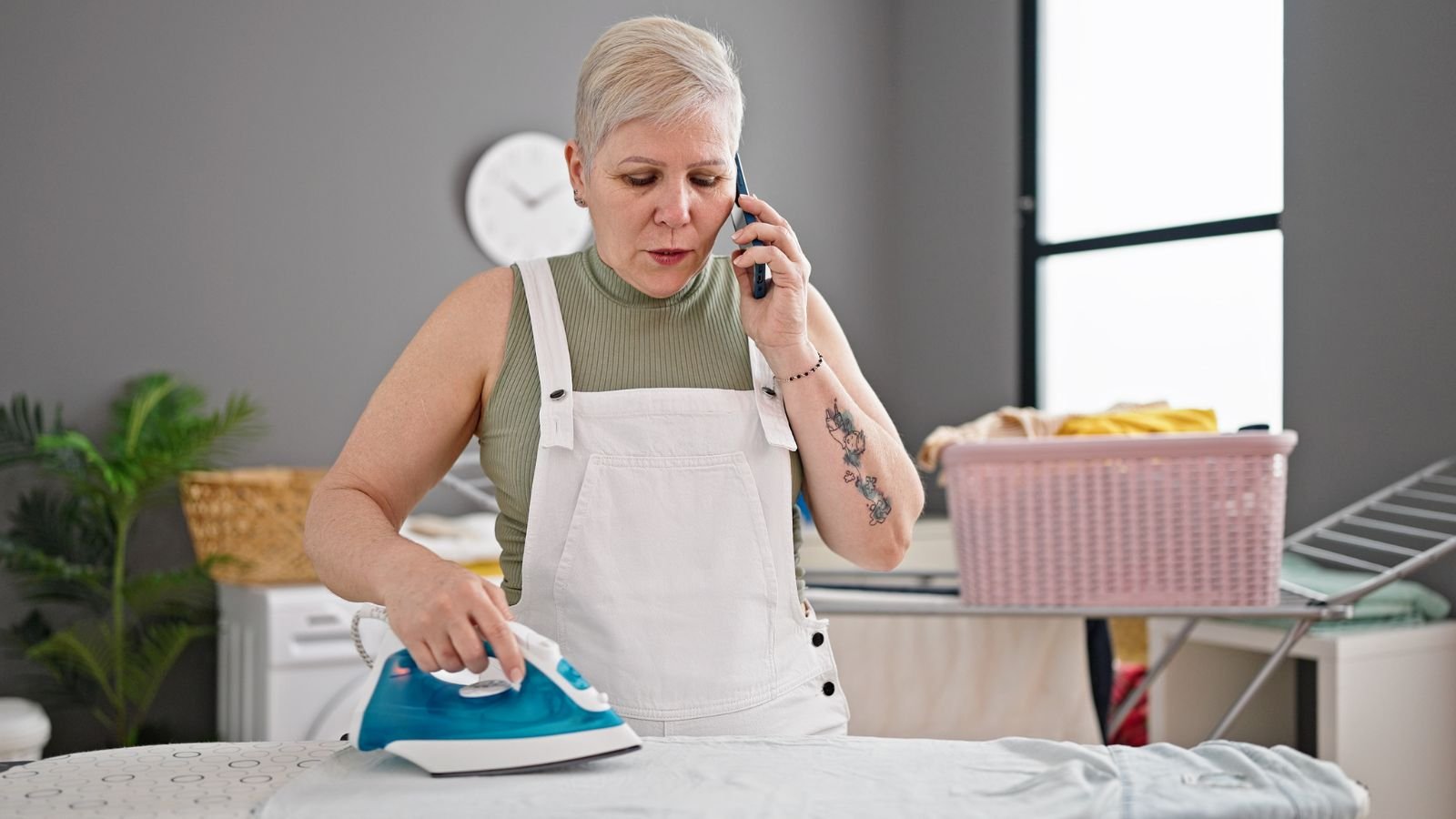
In the 1970s, ironing was a regular chore, with the ironing board and iron essential tools for maintaining crisp clothing. Moms took pride in caring for their family’s garments, ensuring they looked their best for everyday wear. Modern fabrics and conveniences have reduced the need for regular ironing. However, the ironing boards and iron remain symbols of diligence in homemaking.
